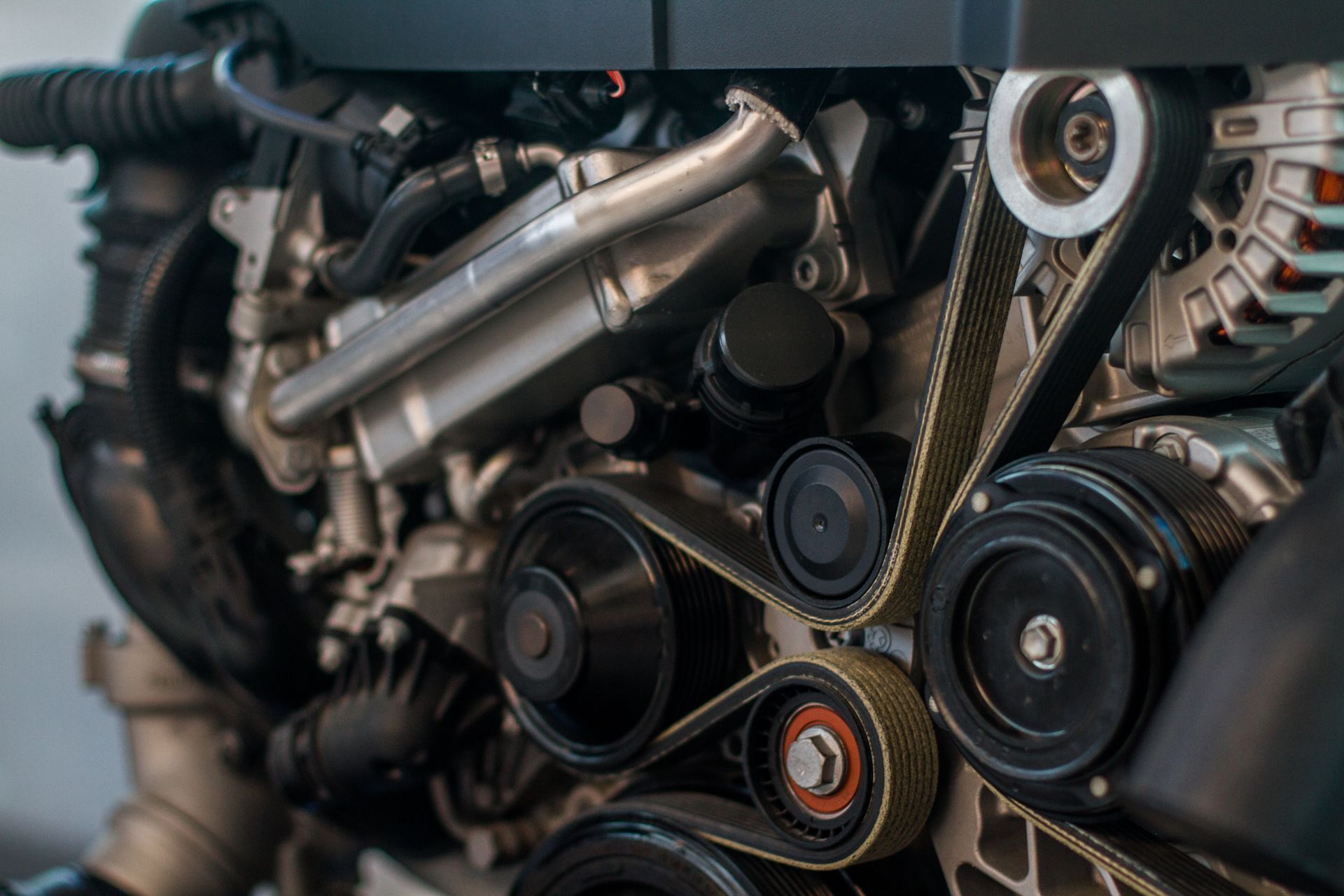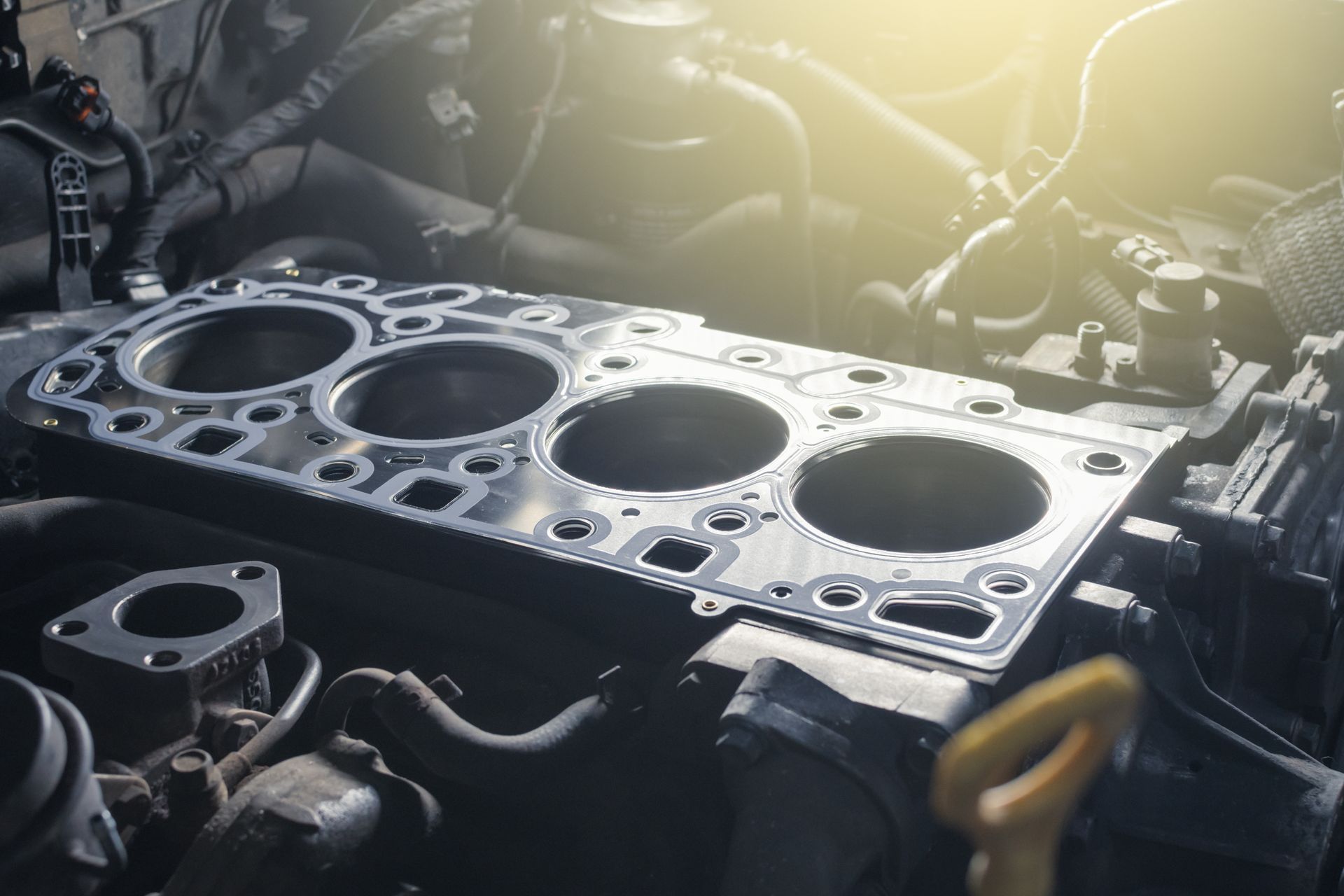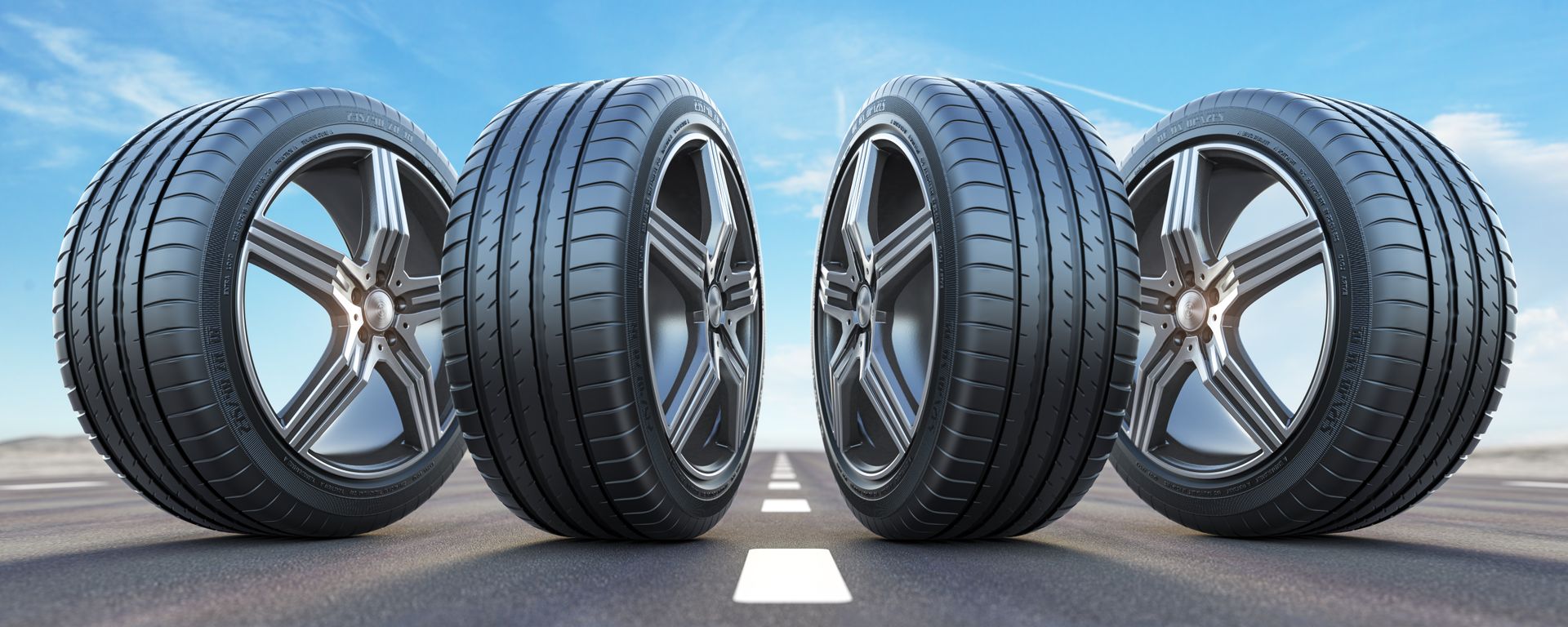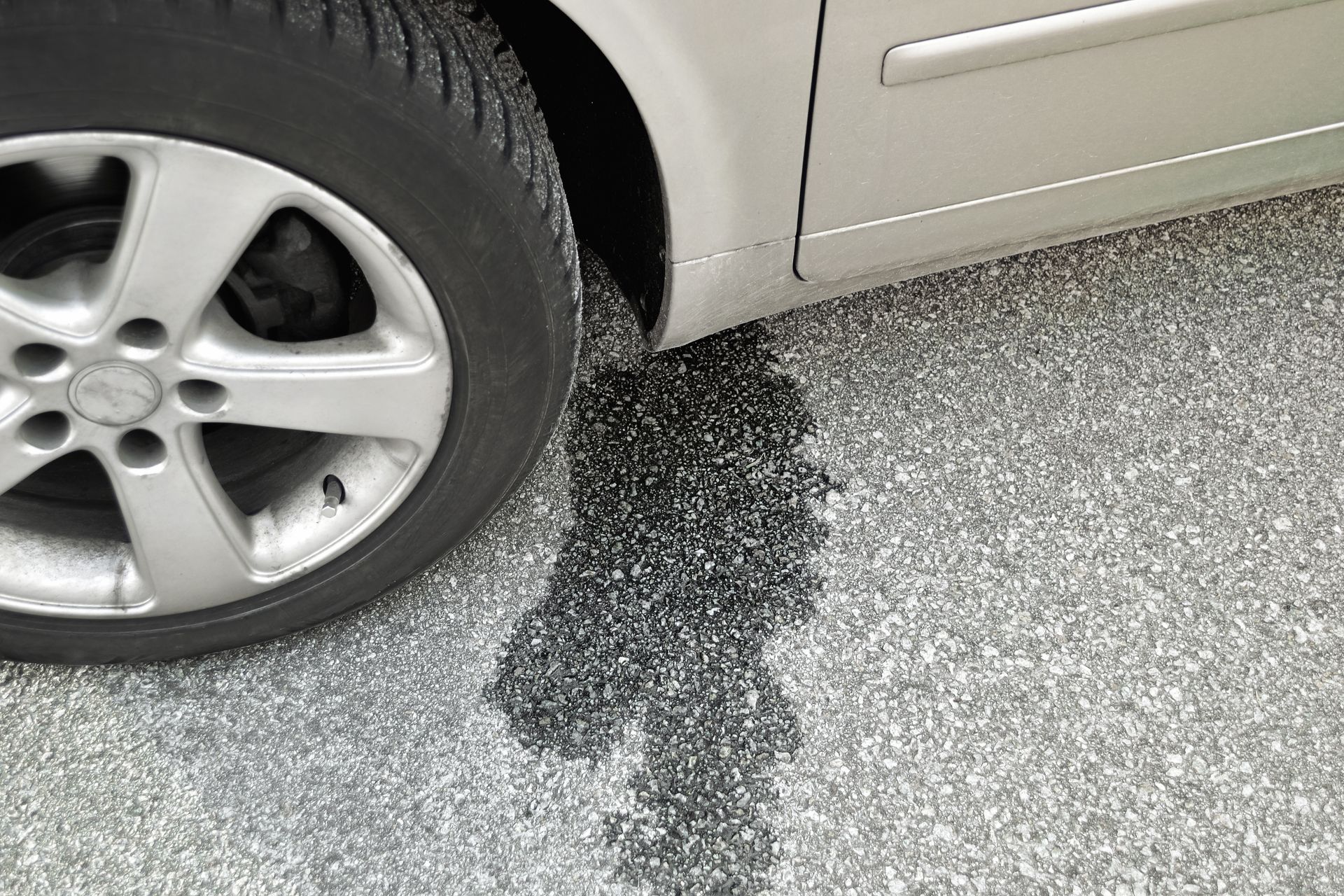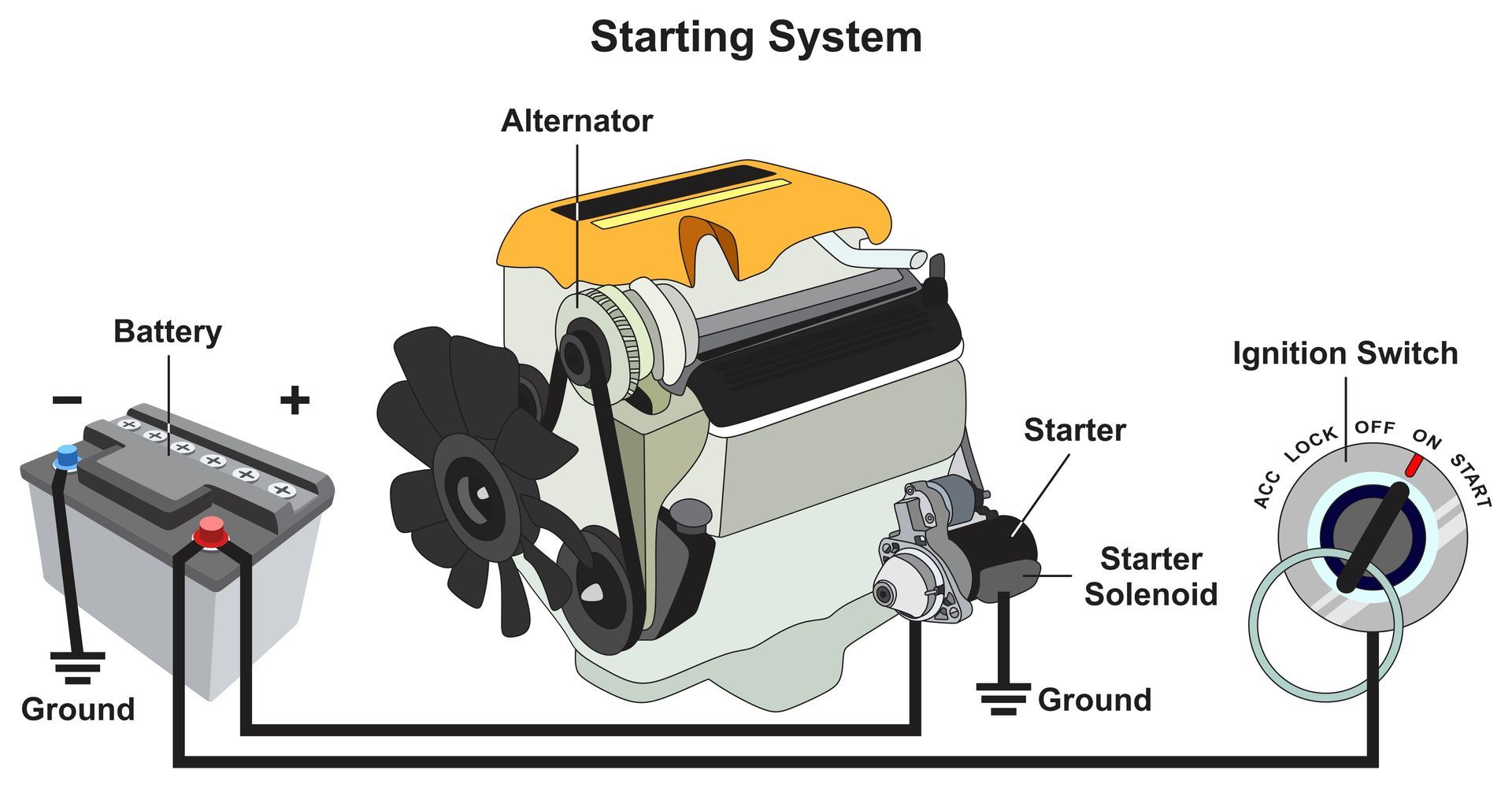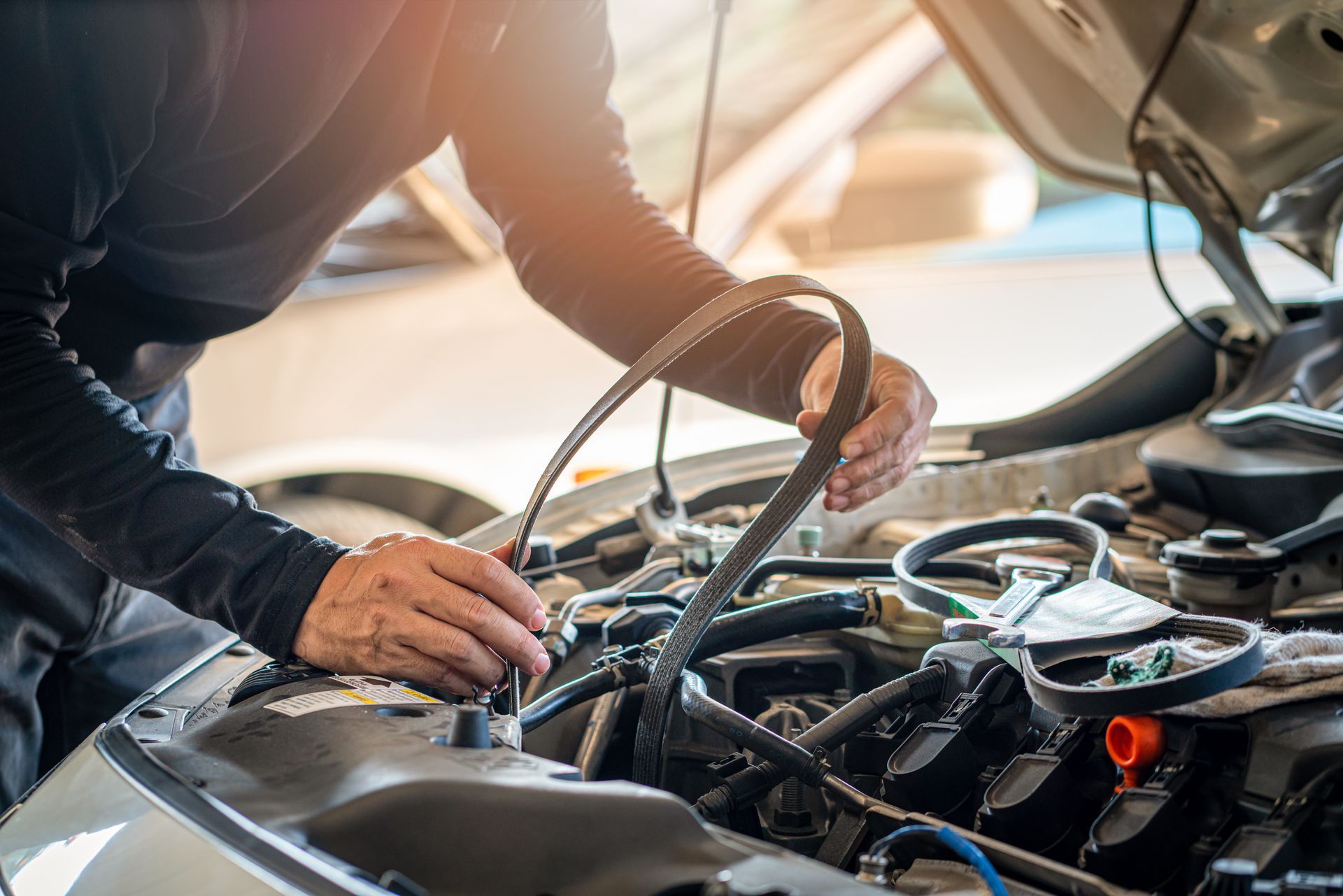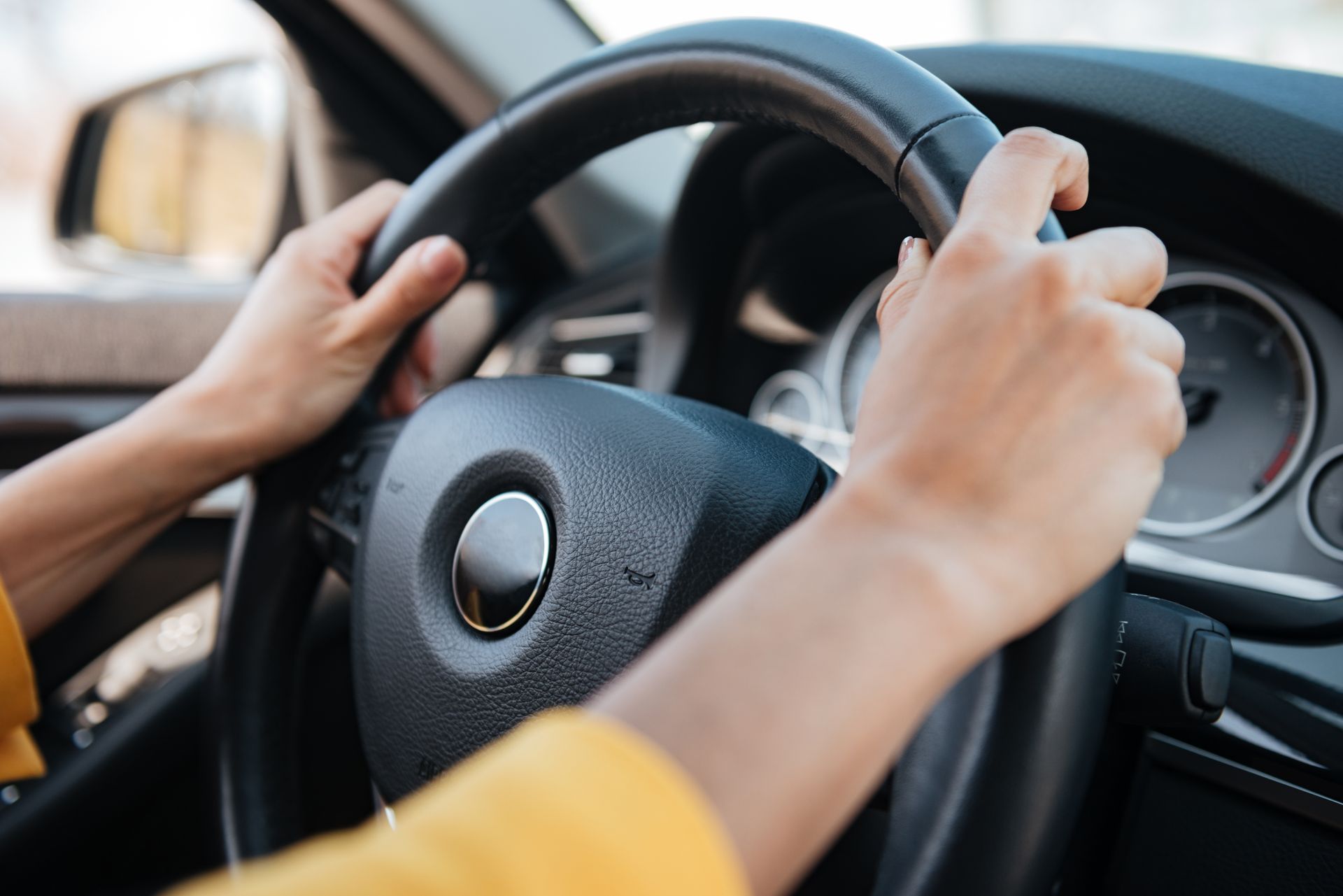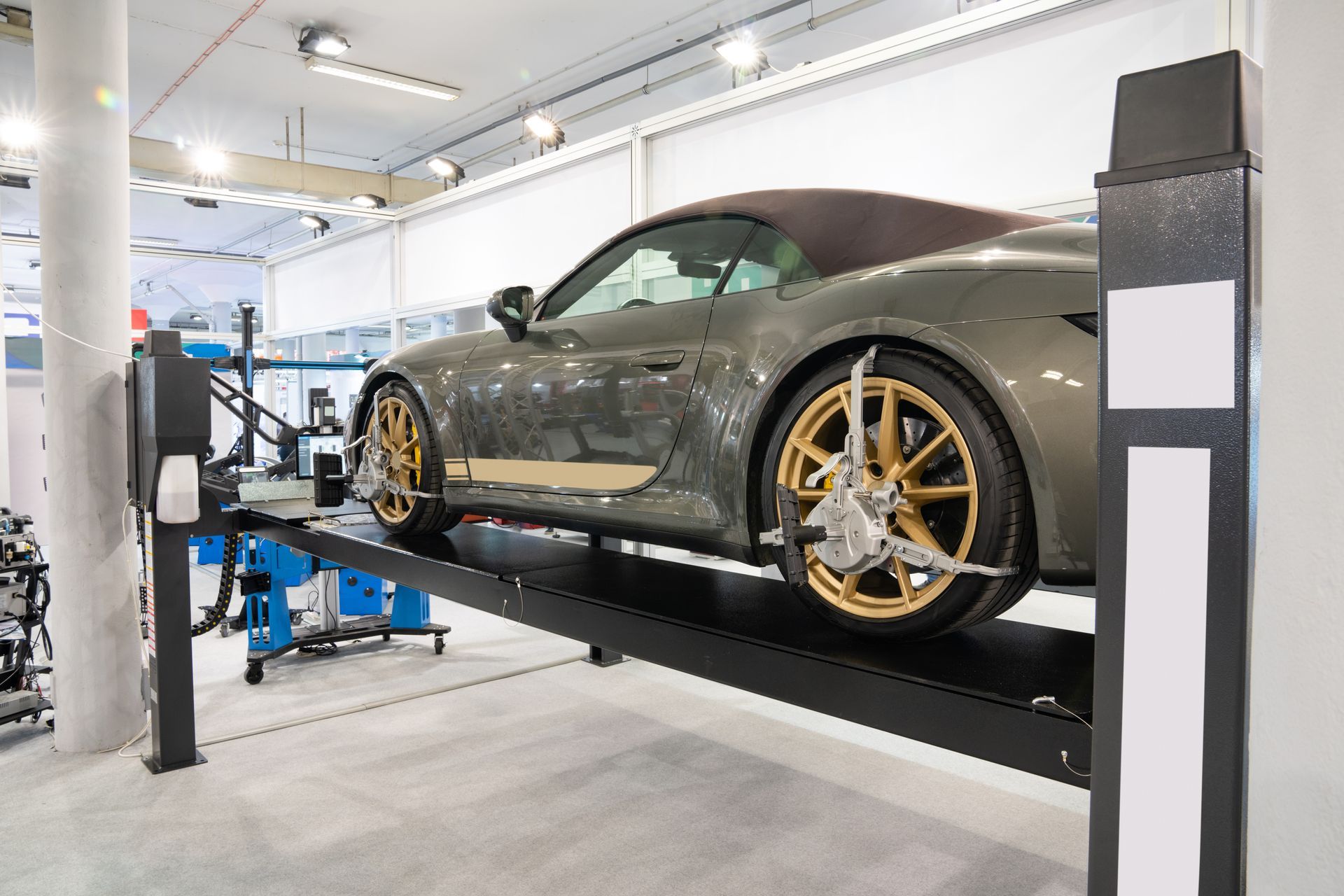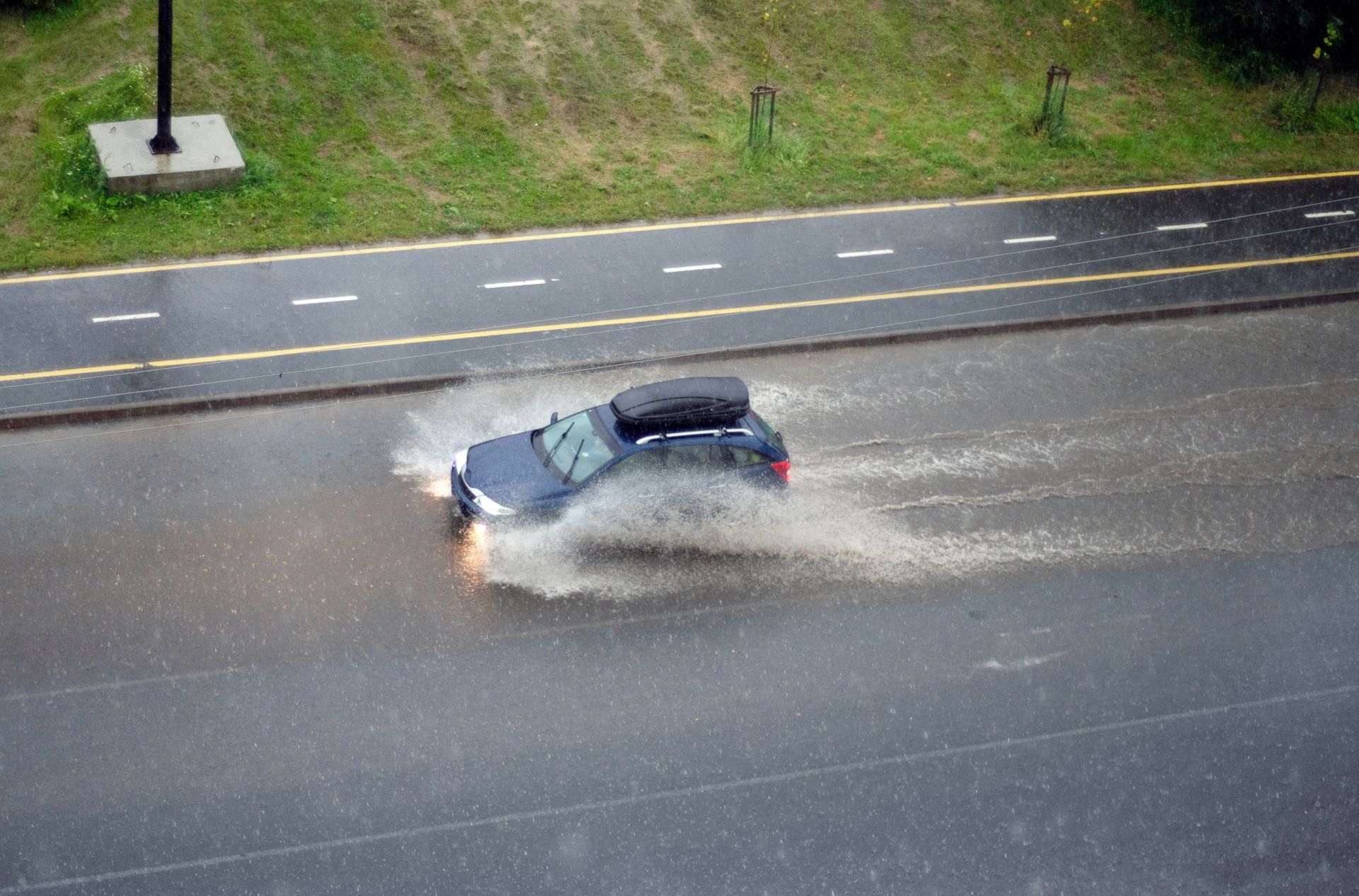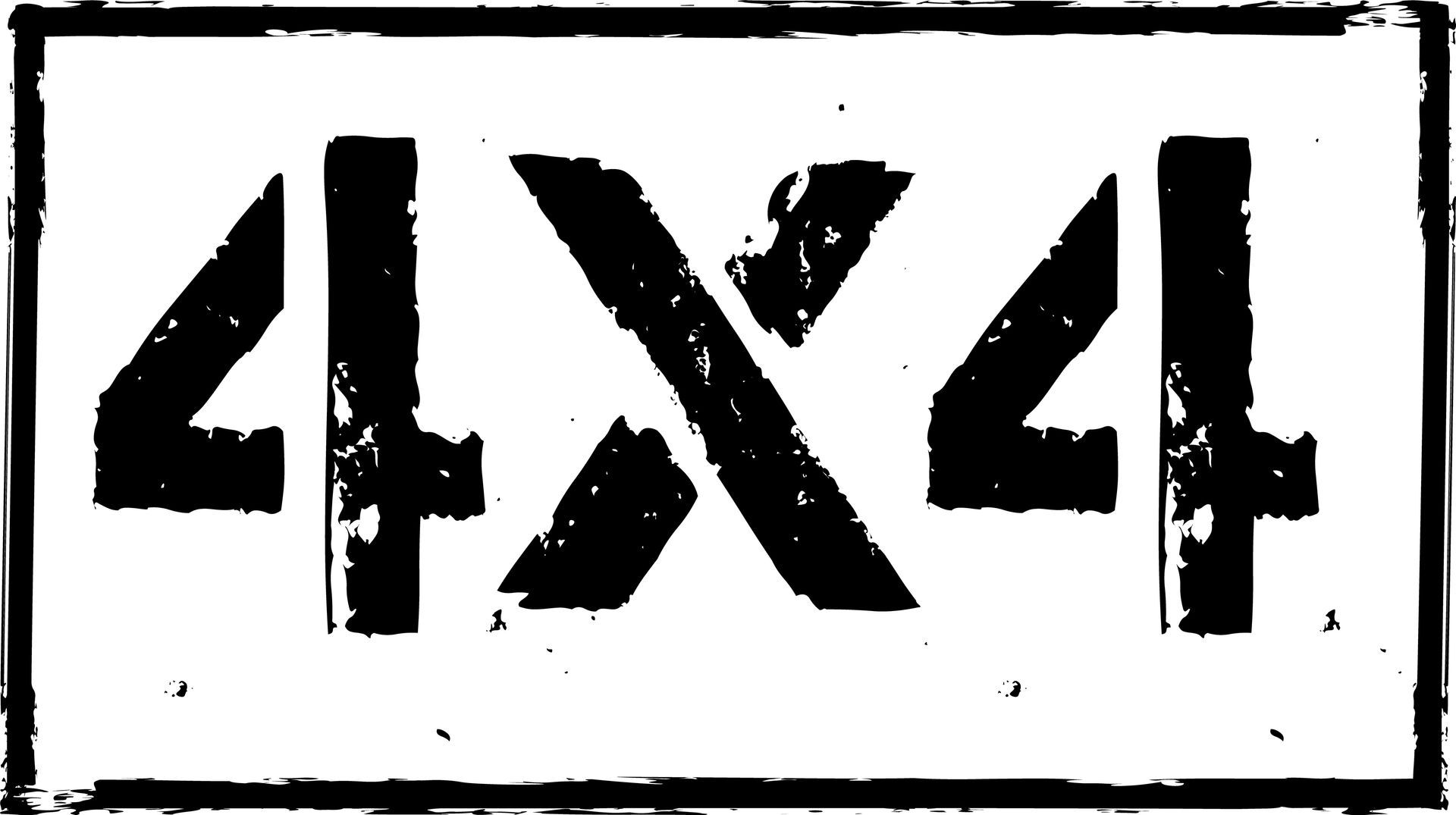When you press the brake pedal, you expect your vehicle to slow down quickly and smoothly. But over time, brake components wear out, and signs of trouble begin to appear. The sooner you recognize those signs, the easier it is to fix the issue before it turns into a safety hazard or a much more expensive repair.
Your brakes won’t usually fail without warning. There are several noticeable signs that your braking system needs attention, and being aware of them could mean the difference between a safe stop and a dangerous situation.
Unusual Noises While Braking
One of the most common indicators that something’s wrong with your brakes is noise. If you hear a high-pitched squealing sound when braking, it’s usually the brake wear indicator. This is a small metal tab built into your brake pads, letting you know it’s time to replace them.
A grinding sound, on the other hand, means the brake pads may be worn down completely, allowing metal to contact metal. This not only reduces stopping power but also damages the rotors, which can be much more costly to repair or replace.
Changes in Pedal Feel
Pay attention to how your brake pedal feels. If it feels “spongy” or requires more pressure to stop the vehicle, it could indicate air in the brake lines or a problem with the master cylinder. A brake pedal that sinks to the floor when you press it is a serious issue and should be checked immediately.
On the other hand, if your brake pedal feels overly hard or stiff, it may indicate a problem with the brake booster or a blockage in the brake lines.
Vibrations When Braking
If you feel a vibration or pulsation in the brake pedal while slowing down, especially during highway speeds, it often means your brake rotors are warped. This happens when rotors overheat, and their surfaces become uneven, usually due to excessive braking or driving with worn-out pads.
Warped rotors reduce braking performance and should be resurfaced or replaced to maintain safe stopping distances.
Pulling to One Side
A car that pulls to the left or right when braking could have uneven brake pad wear, a stuck caliper, or contaminated brake fluid. These issues create an imbalance in the system and can make your vehicle unstable during emergency braking.
Uneven braking not only puts additional stress on your suspension and tires but also increases the risk of accidents, especially in wet or slippery conditions.
Brake Warning Lights
Many vehicles have dashboard warning lights that indicate problems with the braking system. If the brake light or ABS light is on, it’s a clear signal to have your system inspected.
The brake warning light might come on if the brake fluid is low, which could mean there’s a leak in the system. The ABS (Anti-lock Braking System) light may indicate a problem with sensors or the control module. In either case, ignoring the light is never a good idea.
Burning Smell After Braking
A sharp, chemical smell after heavy braking, like coming down a steep hill or towing a load, may indicate overheating brakes. If the smell persists during normal driving, it could be due to a stuck caliper or brake pad that’s dragging on the rotor.
Overheated brakes can lead to brake fade, a condition where the braking system temporarily loses effectiveness. Repeated exposure to high heat shortens the life of your pads and rotors and could damage brake fluid, too.
Regular Brake Inspections Make a Big Difference
Even if you haven’t noticed symptoms, it’s important to have your brakes checked regularly, typically during routine service or tire rotations. Brake pads, rotors, calipers, fluid, and lines should all be inspected for wear, leaks, or signs of damage.
Catching problems early can prevent more expensive repairs and ensure your braking system is always ready when you need it most.
Stay Safe With a Brake Inspection From East Hill Automotive in Pensacola, FL
If you’ve noticed squealing, vibrations, reduced braking power, or warning lights on your dashboard, don’t wait to get your brakes checked. Prompt attention can save you money and keep you safe behind the wheel.
Call
East Hill Automotive in Pensacola, FL, today to schedule a brake inspection or repair. We’ll make sure your braking system is in top shape and ready for the road ahead.

